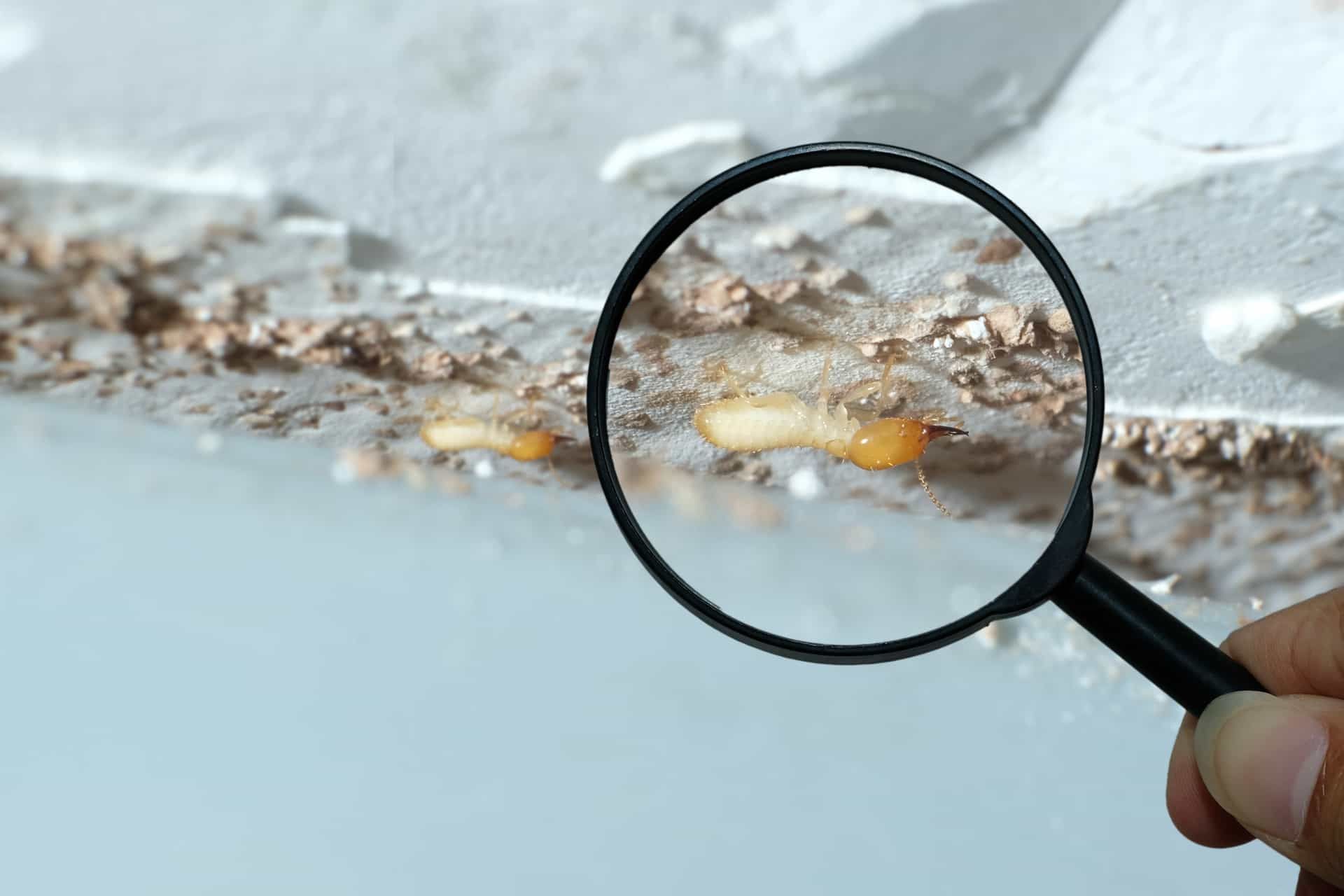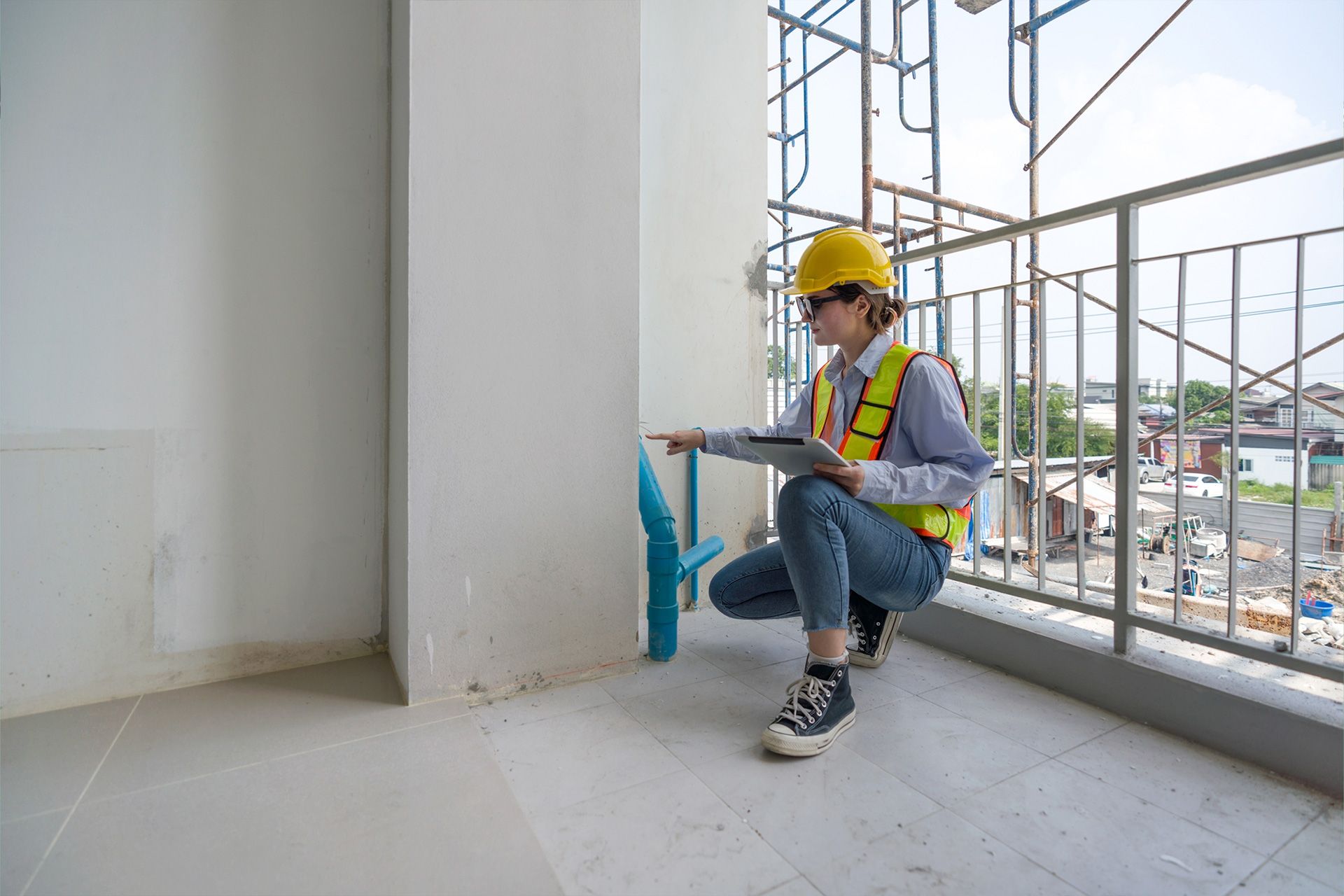What to Expect from a Septic Inspection
If you own a home in Florida, chances are you rely on a septic system to handle your household wastewater. A septic system may be hidden underground, but it plays a big role in keeping your home safe and healthy. That’s why regular septic system inspections in Florida are so important. Whether you’re buying a home, selling one, or simply doing regular maintenance, knowing what to expect during a septic inspection can save you money and prevent costly repairs.
In this guide, we’ll explain the septic tank inspection process, what inspectors look for, and why a Florida home septic check is something every homeowner should prioritize.
Why Septic Inspections Matter
Many homeowners don’t think about their septic system until there’s a problem. By then, repairs can be expensive, and in some cases, you may even need to replace the entire system. A septic inspection helps you:
- Catch small problems early before they turn into big ones.
- Protect your family’s health by preventing leaks and sewage backups.
- Meet Florida real estate requirements if you’re buying or selling a home.
- Extend the life of your septic system.
Think of it like a check-up for your home’s plumbing health. Just as you wouldn’t skip a doctor’s visit, you shouldn’t skip a septic inspection.
When Do You Need a Septic Inspection?
Homeowners in Florida should schedule a septic system inspection in these situations:
- Buying or selling a home – Lenders and buyers often require a professional septic check before closing.
- Routine maintenance – Experts recommend a septic inspection every 3–5 years, even if everything seems fine.
- Signs of trouble – If you notice slow drains, gurgling pipes, or wet spots in the yard, it’s time to call an inspector.
- After major weather events – Hurricanes or heavy flooding in Florida can damage septic systems, making inspections crucial.
The Septic Tank Inspection Process
A septic tank inspection process in Florida usually follows these main steps:
1. Locating and Accessing the Tank
The inspector first locates your septic tank, which is buried underground. They may use special tools or maps to find it. Once located, the inspector opens the access lid to see inside.
2. Checking the Water Level
The water level in the tank gives the inspector clues about how well your system is working. If the water level is too high, it may mean the drain field is failing.
3. Testing the Flow
Water is run from your home (often by flushing toilets or running sinks) to check how quickly wastewater flows into the tank. This helps identify blockages or backups.
4. Inspecting the Tank’s Condition
The inspector looks for cracks, leaks, or signs of corrosion inside the tank. They also check the baffles, which help guide the flow of wastewater.
5. Examining the Drain Field
The drain field is where wastewater filters into the soil. The inspector will check the yard for soggy spots, odors, or unusually green grass—signs that the drain field may not be working properly.
6. Measuring Sludge and Scum Levels
The tank holds three layers: scum on top, liquid in the middle, and sludge on the bottom. If the sludge and scum are too thick, it may be time to pump the tank.
7. Providing a Report
After the inspection, you’ll get a detailed report. This includes the condition of the tank, any repairs needed, and recommendations for future maintenance.
Common Problems Found in Florida Septic Inspections
During a Florida home septic check, inspectors often find:
- Clogged or failing drain fields due to heavy use or flooding.
- Cracks in the tank that cause leaks.
- Tree roots intrusions damaging pipes.
- Overfilled tanks that haven’t been pumped in years.
- Improper system size for the household, especially in older homes.
Knowing these issues early can save homeowners thousands of dollars.
How to Prepare for a Septic Inspection
You can make the inspection process easier by:
- Clearing access – Remove anything covering the septic tank lid, like plants or furniture.
- Knowing your system’s history – Have past pumping and inspection records ready.
- Using water normally –
Inspectors need to see how your system works under everyday use.
- Asking questions – A trusted inspector will be happy to explain their findings.
Choosing the Right Septic Inspector
Not all inspectors are the same. To ensure a quality inspection, look for:
- Licensed and certified professionals in Florida.
- Experience with local soil conditions and weather impacts.
- Clear and detailed reports, not just a “pass or fail.”
- Positive customer reviews and a trusted local reputation.
A company like Guardian Angel Inspections combines expertise and local knowledge, giving Florida homeowners peace of mind.
Final Thoughts
A septic system inspection in Florida is one of the smartest investments you can make in your home. It protects your property, saves money in the long run, and ensures your family’s health and safety.
Whether you’re buying, selling, or just maintaining your home, knowing what to expect from a septic inspection will give you peace of mind.
Schedule your Florida home septic check today with Guardian Angel Inspections and keep your system running smoothly.
FAQs About Septic Inspections in Florida
How often should I schedule a septic system inspection in Florida?
Most experts recommend an inspection every 3–5 years, depending on your household size and water use.
What is the difference between a septic inspection and septic pumping?
An inspection checks the health of your system, while pumping removes sludge and scum. Sometimes both are done together.
Can I sell my home without a septic inspection in Florida?
Most real estate transactions require one. Even if it’s not mandatory, it’s strongly recommended to avoid surprises.
What happens if I ignore septic inspections?
Ignoring inspections can lead to sewage backups, property damage, and costly repairs or replacements.
How long does a septic inspection take?
On average, a full inspection takes 1–3 hours, depending on your system’s size and condition.
Disclaimer: The information on this website and blog is for general informational purposes only and is not professional advice. We make no guarantees of accuracy or completeness. We disclaim all liability for errors, omissions, or reliance on this content. Always consult a qualified professional for specific guidance.
Share this entry







